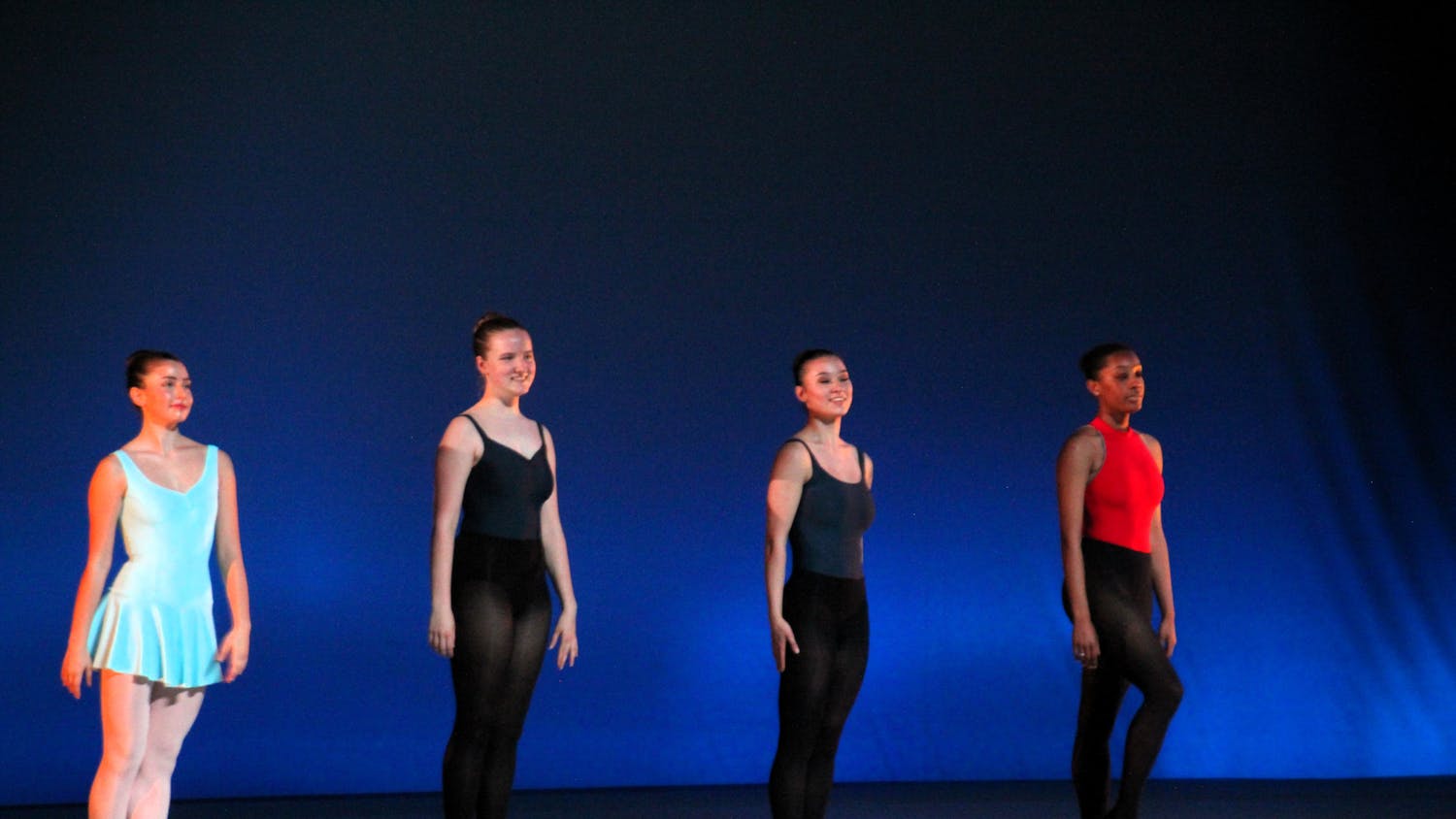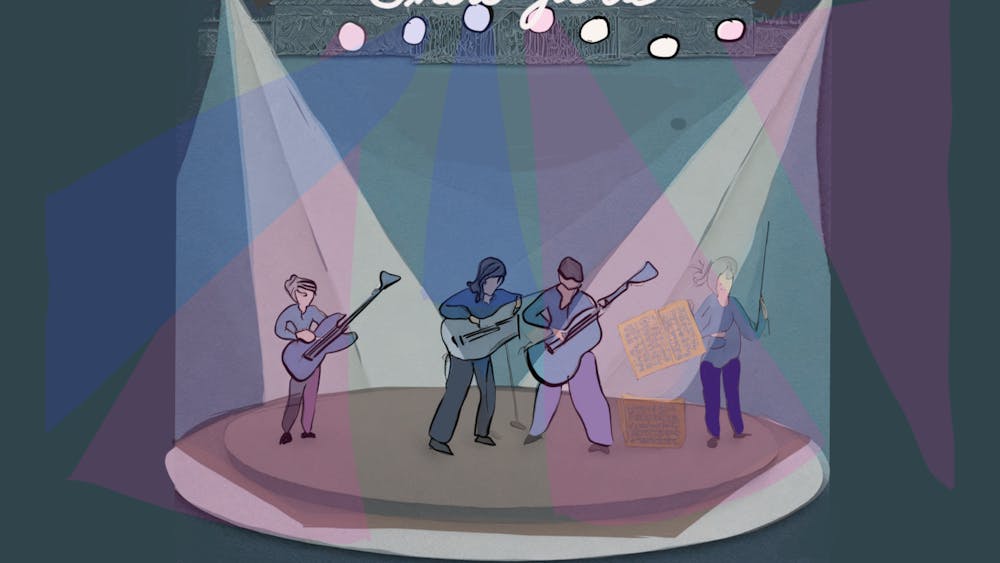Religion is often a touchy subject in many contexts, and literature is not exempt from that treatment.
I can remember being shocked when I first encountered people who weren’t allowed to read certain books because their religious beliefs conflicted with the content.
A big name that comes up in this conversation is the “Harry Potter” series because, as most of us are aware, there are major themes of sorcery throughout.
I am lucky enough to have parents that never censored my reading and gave me free reign on what books I chose throughout my childhood, so I’ve read most of these banned books.
What I think comes up as an interesting point in this discussion is the intersection of magical themes and religious themes in “Harry Potter.”
I bring up this book series specifically, even though there are more examples like the “Chronicles of Narnia” and “Lord of the Rings,” because of the recent announcement of an eighth book to be released this summer, the print version of a stage play written by Jack Thorne and based on a story by J.K. Rowling.
When I first read “Harry Potter,” I was still a little too young to identify most of the Christian subtexts within the books, but after reading most of them a second or third time and discovering more analysis on themes, I think they are just as important as the more readily apparent fantasy and magic aspects.
Christian religious symbology shows up frequently in the series: the seventh book has themes of resurrection, Harry’s house-elf disciples follow him throughout the series and all seven books have imagery of souls and the afterlife.
An exposure to all belief systems is what allows children to have an educated viewpoint about their world. And I think books like J.K. Rowling’s do this in a subtle, yet important way.
While Rowling was certainly not actively promoting that readers convert to Wicca or witchcraft, as some have claimed, she does use these elements in conjunction with themes that Christian audiences are familiar with.
Religion is a great unifying force for people all around the world and can be especially effective as a storytelling device if used in the right way.
In this way, I think Rowling creates a world where it’s OK if readers don’t believe in spirits, magic, destiny or witchcraft, because those themes only serve as pieces of the story as a whole.
The world of “Harry Potter” is about much more than the magic itself, and any readers of the series will know that it’s all in how the characters use it that matters.
Trace that back to this controversy surrounding religion and magic, and I think audiences will find it’s all in how they interpret and use these themes that determines how the themes affect them.
A book can have merit if it’s based solely on Christian themes or magical themes or a combination of the two, but how the author intends for them to be read is the crux of the issue.
Reading is about embracing the unfamiliar, so picking up a book that may be outside your comfort zone will only serve to educate, and it most likely will be more recognizable than the first glance affords.
rarosens@indiana.edu





